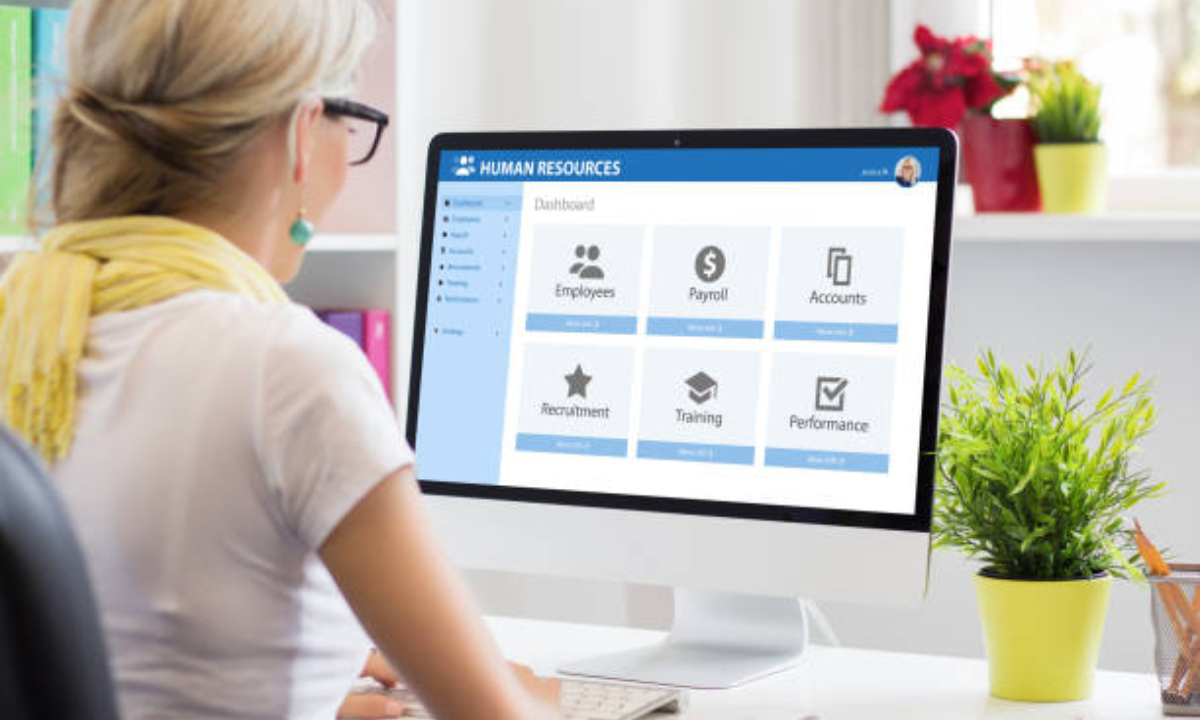Table of contents:
|
1. Key points |
|
2. HR Generalist |
|
3. Talent Acquisition Specialist |
|
4. Learning and Development Manager |
|
5. HR Analyst |
|
6. DEI Specialist |
|
7. Comparison Table of Roles |
|
8. FAQs |
|
9. Final Thoughts |
When we talk about HR roles and responsibilities, it’s clear that the human resources field has evolved into one of the most dynamic and versatile career paths today. From managing employee relations to shaping workplace culture and driving business growth, HR professionals are more than administrators; they are strategic partners.
But which HR jobs are currently the most in demand? And how do you prepare yourself to step into these roles with confidence and skill? Let’s explore the five most sought-after HR careers you can build with the right training.
Key points
-
Understand the most in-demand HR roles and why they matter.
-
Learn about the skills and qualifications each HR role requires.
-
Discover how an HR course in Bangalore can prepare you for these opportunities.
-
See examples of how each role contributes to a company’s success.
-
Explore practical tips to land your dream HR job
1. HR Generalist
An HR generalist is often considered the backbone of the HR department. They manage day-to-day HR functions such as recruitment, payroll, compliance, and employee relations.
Key responsibilities include:
-
Handling employee queries and grievances.
-
Managing recruitment and onboarding processes.
-
Supporting performance management systems.
Example: In a mid-sized IT company, an HR generalist ensures smooth operations by coordinating hiring, training, and payroll, all while keeping compliance in check.
Tip: Develop a strong foundation in labour laws, HR software, and communication skills to thrive as an HR generalist.
2. Talent Acquisition Specialist
A talent acquisition specialist focuses on finding and attracting the right talent. In today’s competitive job market, this role is crucial for building strong teams.
Key responsibilities include:
-
Designing job descriptions and posting vacancies.
-
Conducting interviews and assessments.
-
Partnering with hiring managers to understand workforce needs.
Example: At a growing startup, a Talent Acquisition Specialist might use LinkedIn and job fairs to bring in fresh talent that aligns with the company’s culture and vision.
Tip: Sharpen your networking skills and learn to use applicant tracking systems (ATS) for a competitive edge.
3. Learning and Development Manager
A Learning and Development (L&D) Manager ensures employees are continuously growing in their roles. This position has become more important as companies invest in upskilling and reskilling.
Key responsibilities include:
-
Designing training programmes.
-
Conducting workshops and online learning sessions.
-
Evaluating training effectiveness.
Example: In a multinational corporation, an L&D manager may roll out leadership development programmes to prepare high-potential employees for senior roles.
Tip: Develop expertise in instructional design and e-learning tools like Moodle or Coursera for workplace learning.
4. HR Analyst
An HR Analyst brings data-driven decision-making to HR. By interpreting workforce data, they help organisations improve efficiency and employee satisfaction.
Key responsibilities include:
-
Analysing employee performance metrics.
-
Forecasting hiring needs.
-
Generating HR reports for management.
Example: An HR Analyst might study turnover rates and identify that most resignations occur after the first year, helping HR redesign onboarding to boost retention.
Tip: Build strong skills in Excel, Power BI, and HR analytics tools to succeed in this role.
5. DEI Specialist
A DEI (Diversity, Equity, and Inclusion) Specialist is increasingly vital in global workplaces. They ensure that organisations foster inclusive cultures where everyone feels valued.
Key responsibilities include:
-
Designing diversity and inclusion policies.
-
Conducting workshops on unconscious bias.
-
Tracking progress with DEI metrics.
Example: A DEI Specialist in a corporate firm might develop initiatives to ensure equal opportunities for women in leadership roles.
Tip: Stay updated on global diversity trends and legal compliance to make an impact in this role.
Comparison Table of Roles
|
HR Role |
Core Focus |
Key Skills Needed |
Growth Opportunities |
|
HR Generalist |
Daily HR operations |
Compliance, Communication |
HR Manager, HRBP |
|
Talent Acquisition Specialist |
Recruitment & hiring |
Networking, Interviewing |
Recruitment Lead, HR Head |
|
Learning & Development Manager |
Employee training & growth |
Instructional design, Coaching |
Training Director |
|
HR Analyst |
Data-driven HR insights |
Analytics, Reporting |
Senior HR Analyst, HR Strategist |
|
DEI Specialist |
Inclusion & diversity strategy |
Policy design, Empathy |
Global DEI Lead |
FAQs
Q1: Which HR roles are best for freshers?
Freshers often begin their careers as HR generalists or Talent Acquisition Specialists because these roles provide broad exposure to multiple HR functions. You get to learn about recruitment, payroll, employee engagement, and compliance all in one role. Over time, this experience helps you decide whether to specialize in areas like analytics, learning & development, or DEI. Starting here is like building a strong foundation before climbing higher.
Q2: How do I decide which HR career path suits me?
The best way to decide is to match your skills and interests with the demands of each HR role. If you enjoy interacting with people and building relationships, recruitment might be your strength. If you are more detail-oriented and analytical, an HR Analyst path could be ideal. On the other hand, if you are passionate about helping others grow, the Learning and Development field will likely be a perfect fit.
Q3: Do I need advanced qualifications for these HR roles?
Not necessarily. Many professionals enter HR with a bachelor’s degree and then build practical skills through targeted training. Completing an HR Course in Bangalore can give you hands-on knowledge in recruitment, payroll, analytics, and more, making you job-ready. Certifications such as SHRM or HRCI can further boost your credibility if you want to specialize or pursue global roles.
Q4: What is the future of HR careers?
The HR industry is evolving rapidly with technology, data-driven practices, and global workplace shifts. Roles such as HR Analysts and DEI Specialists are expected to grow because companies now focus heavily on employee experience and inclusivity. With automation handling administrative tasks, HR professionals are increasingly seen as strategic partners. This makes HR one of the most future-proof and rewarding career fields.
Final Thoughts
We have explored the top 5 in-demand HR roles, from the versatile HR generalist to the forward-thinking DEI specialist. Each role opens doors to exciting opportunities, provided you are equipped with the right skills and mindset.
If you are looking to step into these career paths with confidence, enrolling in a structured HR Course in Bangalore can give you the practical training and industry exposure you need.
At Apponix, we are committed to preparing aspiring HR professionals for the future of work with expert-led training and real-world learning experiences.





